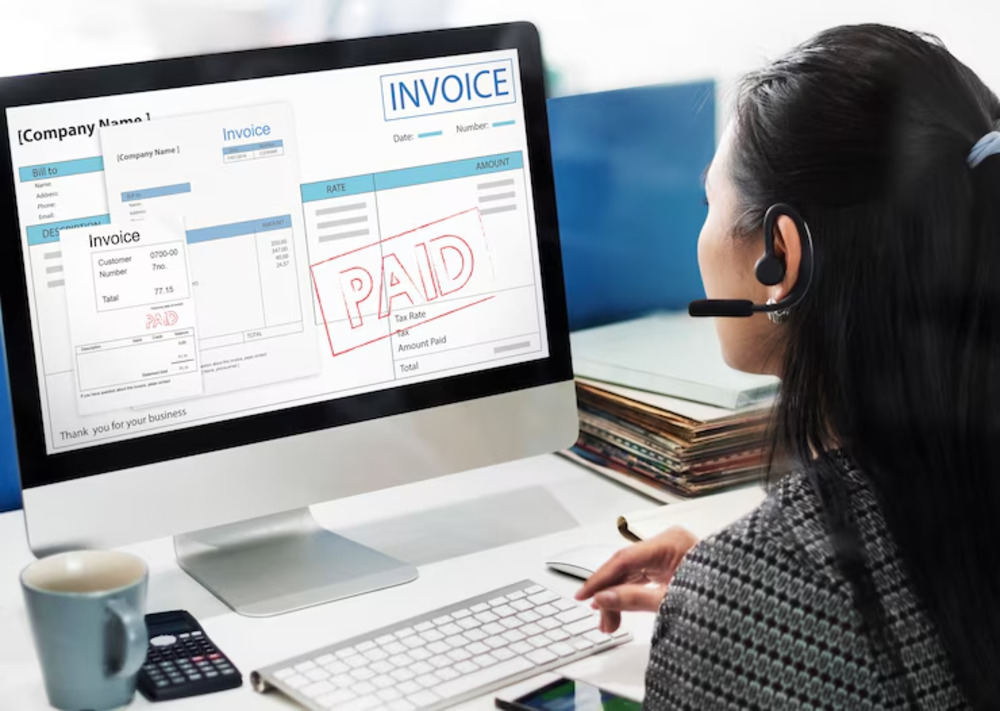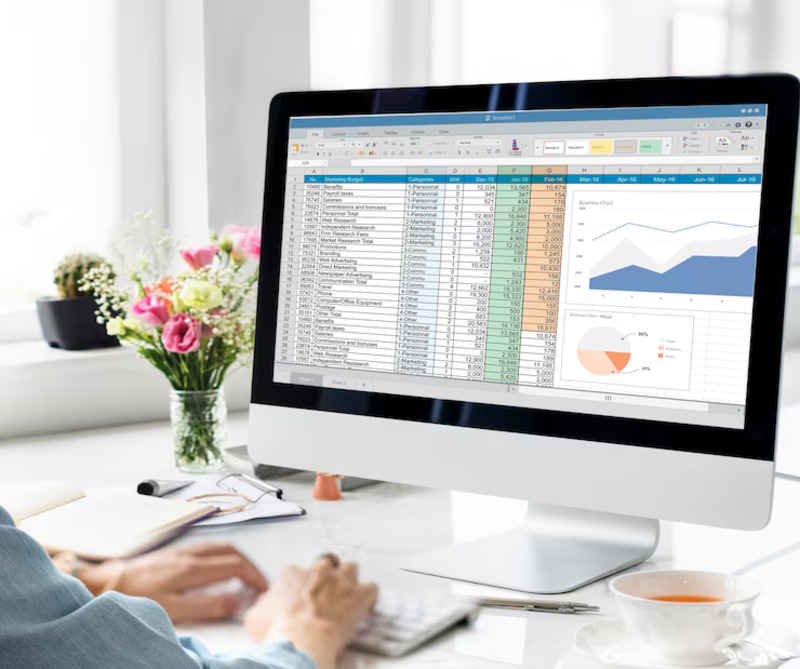Cloud accounting offers firms powerful advantages: efficiency, collaboration, and access from anywhere. Yet those benefits can collapse the moment an internet connection fails during a BAS deadline or a staff member clicks on a phishing email.
However, the problem is that the software is only as reliable as the IT infrastructure supporting it.
Geeks on Tap delivers specialised managed services in Australia that keep Australian accounting firms online, secure and focused on what they do best: serving your clients.
How Cloud-Based Software for Accounting Works

Traditional accounting software requires installation, updates, and backups, which are often handled manually. Cloud accounting changes the game by offering:
- Real-time access: Review financial data anytime, anywhere.
- Collaboration: Accountants and clients can work on the same files without version confusion.
- Cost efficiency: No expensive servers or maintenance contracts.
- Data security: Built-in encryption and secure cloud hosting.
For accountants, this means less time troubleshooting and more time advising clients. But only if your IT infrastructure supports uninterrupted access.
Cloud-Based Accounting in Australia: What’s Trending Now

Cloud computing adoption is robust across Australian businesses. Reports indicate nearly 94% of organisations globally use the cloud, a trend strongly reflected in Australia locally.
The broader Australian cloud computing market is experiencing strong expansion. It was valued at approximately USD 11.07 billion in 2023 and is projected to reach USD 23.38 billion by 2029.
We are also seeing a massive shift toward AI, with 99.6% of Australian accountants reportedly utilising AI tools in the past year for fraud detection, real-time insights, and data processing.
This proves that modern firms are moving beyond basic bookkeeping into high-tech advisory, which requires a high-tech IT foundation.
Uninterrupted Workflow for Accountants

Tax season doesn’t allow for downtime. A sluggish computer, printer failure, or network outage can cost hours of productivity and billable time.
Geeks on Tap delivers core IT support that keeps your systems up and running:
- Proactive monitoring and maintenance.
- Reliable printer and network management.
- Fast issue resolution to keep your team working without interruptions.
Using these services means accountants never need to worry about losing access to their tools during critical periods.
We make collaboration, easy, professional, and secure. See our breakdown of how Google Workspace solution delivers value for firms like yours while you are weighing options.
Cybersecurity: Protecting Your Clients’ Financial Data
Few industries face as much pressure around data security as on-premises accounting. Firms handle tax file numbers, bank details, and confidential financial statements, which are prime targets for cybercriminals.
Geeks on Tap provides elite cybersecurity services in Australia tailored for accountants, including:
- Advanced firewalls and antivirus management.
- Email security to block phishing attacks that often target financial firms.
- Automated data backup and disaster recovery, ensuring you can recover quickly from ransomware or accidental loss.
With our protection in place, accountants can focus on clients, not cyber risks.
Smarter Collaboration with Google Workspace & Microsoft 365

Cloud accounting works best when integrated with the right productivity tools. Geeks on Tap is an authorised provider of Google Workspace, and we also fully support Microsoft 365.
For accounting firms, this means:
- Professional company-branded emails.
- Multi-Factor Authentication (MFA) to secure logins.
- Properly configured Google Drive or OneDrive for secure client file sharing.
- Ongoing management of permissions to prevent unauthorised access.
We make collaboration easy, professional and most importantly secure.
Want to see if it’s the right fit for your accounting firm? Explore how Google Workspace pricing compares to the value it delivers for secure, professional collaboration.
Fixing Xero Cloud Accounting Systems Computer Run On

We’re often asked: “Do you provide support for Xero or MYOB?”
Our role isn’t to train your team on using these apps. Instead, we make sure the environment those apps run in is fast, reliable, and secure. That means:
- Troubleshooting browser issues.
- Optimising network performance.
- Ensuring your computers are running smoothly.
When accountants hit roadblocks that prevent access to Xero, MYOB, or QuickBooks, Geeks on Tap is the partner that clears the way.
Ready for Cloud Accounting? Here’s How the Implementation or Migration Work

The decision to transition to cloud accounting often arises at pivotal moments in a business’s lifecycle, driven by a need for greater efficiency, flexibility, and scalability. The process of having a strategic migration involves:
| Step | Details |
|---|---|
| 1. Assessement | Evaluate current processes, identify pain points, and define specific feature needs for your business. |
| 2. Platform Selection | Choose the cloud accounting software that best fits your requirements, budget, and industry needs. |
| 3. Data Migration | Securely transfer historical financial data from legacy systems or spreadsheets to the new cloud platform, ensuring accuracy. |
| 4. Setup & Configuration | Customise the software (chart of accounts, templates, payroll) and integrate it with other essential business tools. |
| 5. Staff Training | Educate your team on using the new system effectively to maximise adoption, productivity, and confidence. |
| 6. Post-Migration | Receive ongoing assistance to resolve issues, optimise workflows, and ensure the system operates smoothly and efficiently. |
| 7. Ongoing Partnership | Geeks on Tap provides continuous monitoring, support, and strategic advice to ensure your cloud environment remains optimised, secure, and aligned with your firm’s growth. |
By combining proactive support with tailored IT strategy, Geeks on Tap ensures your accounting firm runs securely and without disruption.
Explore how partnering with an expert cloud consultant can empower your company’s growth.
Streamline Your Cloud Finance Solutions with Geeks on Tap’s Managed IT Support

Cloud accounting is transforming how accountants serve their clients without encountering downtime, data risks, or collaboration issues.
Geeks on Tap partners with accounting firms across Australia to deliver reliable IT support in Australia, all designed around the high-stakes demands of your industry.
Your firm’s efficiency and reputation hinge on secure, uninterrupted access to cloud accounting. Don’t risk downtime, data loss, or missed deadlines.
Book a complimentary 15-minute IT health check today and uncover hidden risks in your current setup.
We’ll show you how tailored IT support safeguards billable hours, protects client data, and keeps your practice running without interruption.